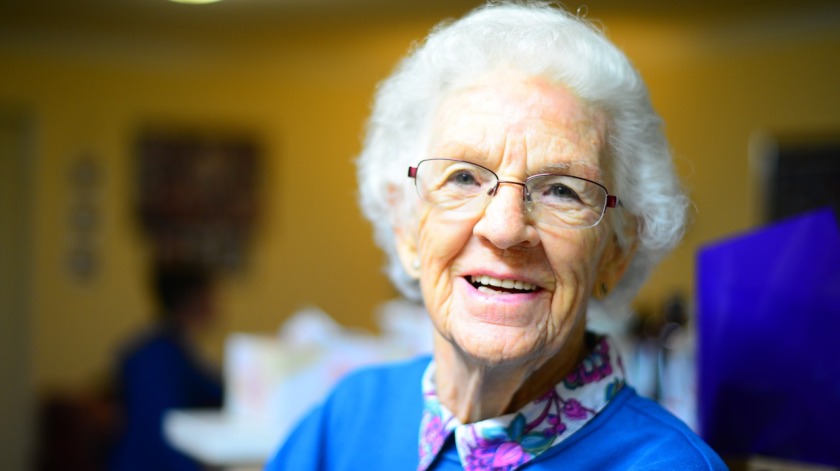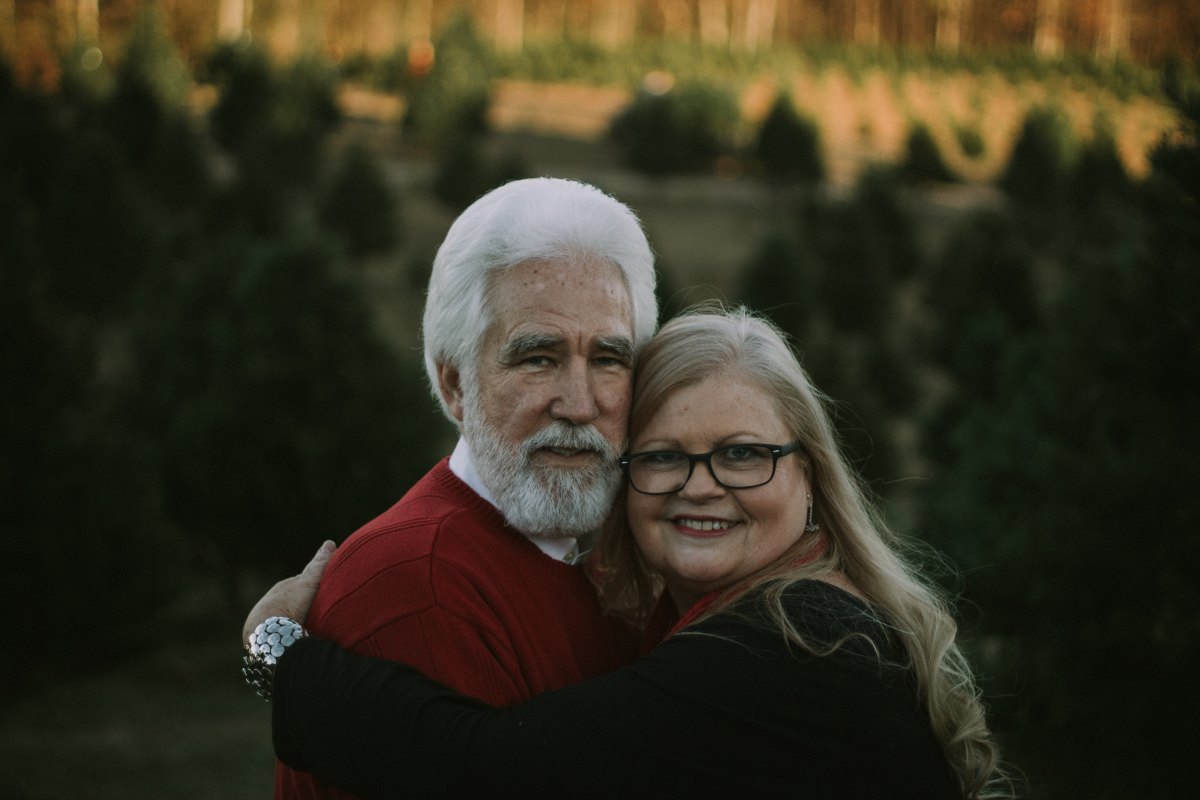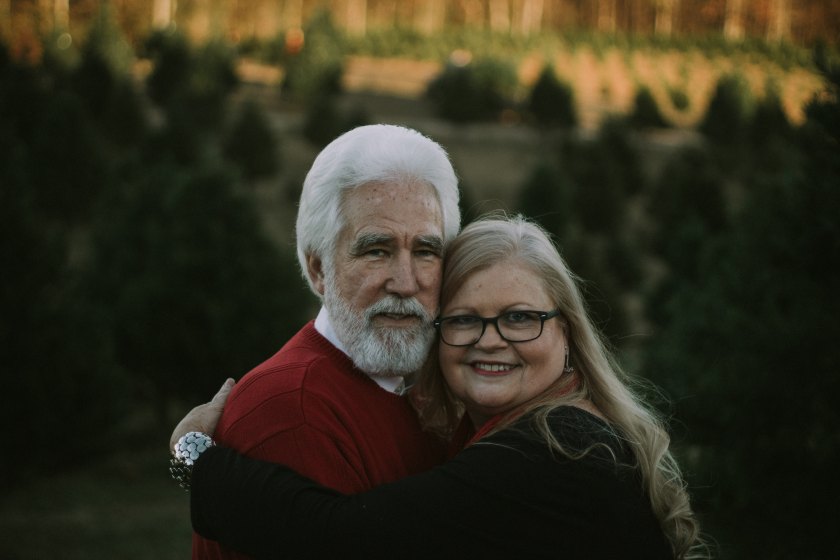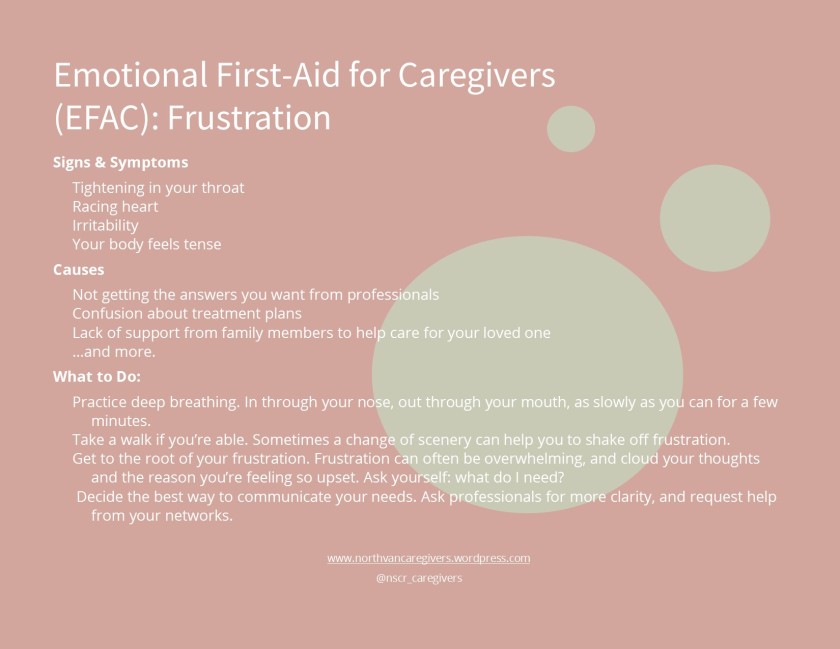In this post, I will write about a man who is a true optimist and somehow, despite serious challenges, manages to stay on ‘the sunny side of the street’. This man is none other than actor, writer and lobbyist Michael J. Fox, whom you may know from the 80’s hit movie ‘Back to the Future’, or the show ‘Family Ties’ (in which Fox plays Alex P. Keaton.)
In 1998, Fox announced his diagnosis of Parkinson’s Disease (PD), a degenerative neurological condition. Fox was very young at the time, and the diagnosis came as a shock to him.
Truly, Fox enjoys life and lives it to the fullest. Some of the highlight of his life are: swimming with sea turtles in the Virgin Islands; spending summer break in a villa in Provence; toasting Lance Armstrong at a post-victory Tour de France party in Paris; sitting beside boxer Muhammed Ali who amazed him with magic tricks; getting help from actor Christopher Reeve in the start-up of his Michael J. Fox Foundation; and last but by no means least, bringing up four beautiful, talented children.
In his book ‘Lucky Man’ (Hyperion, 2002), Fox credits his grandmother as a kind of muse to the budding young actor. He writes:
…” Nana, the matriarch and wartime clairvoyant, possessed an essential nature that hinted at the possibility of escape, of transcending life’s limits. She delighted in my accomplishments and eccentricities, always encouraging me to believe in the power of my dreams. When others in the family would express doubts about my direction, she was my staunchest defender and greatest champion. She’d laugh off their concerns with a wink at me, as if we both knew something that was beyond the understanding of others..” (p.40)

Fox also mentions how, at the start of his acting career, he found another mentor. This mentor, for him, was as much of a strength factor as his grandmother had been in childhood. Those of us who are truly fortunate find people like these in our lives who inspire and motivate us to follow our dreams, and never, ever, give up.
In Fox’s book ‘A Funny Thing Happened On the Way to the Future: Twists and Turns and Lessons Learned’, (Hyperion, 2010), Fox advises:
”Being in control of your destiny is a myth—and wouldn’t be half as much fun anyway. Pay attention to what’s happening around you. Read the book before you see the movie. Remember though while you, alone, are responsible for your own happiness, it’s still okay to feel responsible for someone’s else’s.”
In a sage-like way, Fox borrows from Confucious to advise people to wait if they aren’t sure about something, that eventually “all will be revealed. This advice has served me well”, he writes.
Fox also mentions Elizabeth Kübler-Ross’s ‘On Death and Dying’, and the five stages of grief: denial, anger, bargaining, depression, and acceptance.
It is truly extraordinary for Fox to assert that: “ the ten years since my diagnosis have been the best ten years of my life, and I consider myself a lucky man.”
What encapsulates this quote especially is when he describes an epiphany he had one morning:
“…at the turn from our bedroom into the hallway, there was an old full-length mirror in a wooden frame. I can’t help but catch a glimpse of myself as I pass. Turning fully towards the glass, I consider what I see. This reflected vision of myself, wet, shaking, rumpled, pinched, and slightly stooped, would be alarming were it not for the self-satisfied expression pasted across my face. I would ask the obvious question: “what are you smiling about?”, but already I already knew the answer: “ It just gets better from here.” Learn more about this book here: https://www.amazon.ca/Funny-Thing-Happened-Way-Future/dp/140139518X
In 2000 Fox began lobbying for advances in stem cell research, which consists of: “cells created from the in-vitro process, that are used for research in finding a cure for PD.”
Such is what reading Fox’s books was about for me—an education. Not only learning about this devastating illness, but also about how someone goes about living life well, in spite of everything else. His books would enlighten those with loved ones with PD (as is my experience, my brilliant uncle, a talented surgeon, had PD), or with those involved in advocacy or lobbying. Or, of course, just to get a glimpse of someone with such great courage and optimism, qualities not only valued but essential survival skills in this century, and that serve as an example to us all; is reason enough to read his books.
(Note: Fox is also known for the show ‘Spin City’ (2000), a show he both starred in and produced.)
Calm Pond











